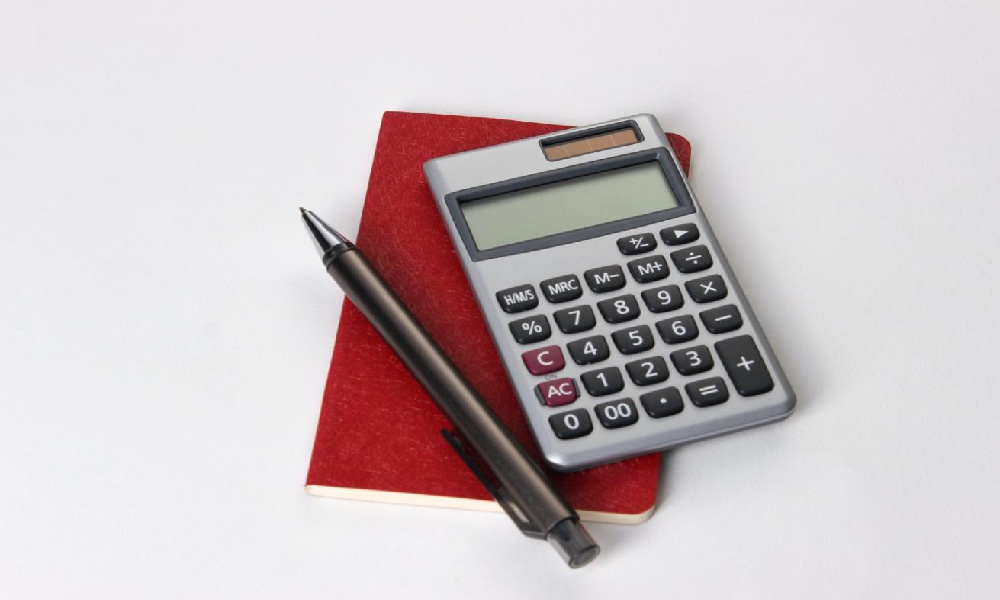
Don’t know what capital gains tax is and whether or not you qualify for exemption? Gondal Accountancy Ltd. Chartered Tax Advisers can help you!
Don’t know what capital gains tax is and whether or not you qualify for exemption? Gondal Accountancy Ltd. Chartered Tax Advisers can help you!
Did you recently try to sell a property that wasn’t your primary home, or other assets such as collective investments, shares, or personal possessions? If you have, then you might have come across the words "Capital Gains Tax” [CGT] either before selling them or after closing the sale.
As the name suggests, CGT is the tax you pay on the gains you’ve earned by selling capital you’ve had for longer than a year. Even if you’re transferring, gifting, or exchanging such assets, you might still be liable for CGT. However, if you’ve decided to dispose of these assets in less than a year, it’ll be taxed as ordinary income, which is significantly higher.
Now that we know what CGT is and who is liable for it, it’s time to take a look at some tips that can either qualify you for capital gains tax exemption or lower the capital gains tax rate:
The UK capital gains tax rule gives each individual an annual allowance, which can go up to a maximum of £12,300. Most people make the mistake of assuming this allowance is carried forward if not used, which is not true. So if you're thinking about disposing of your assets, you can carefully make use of the yearly allowance you've been allocated and strategically sell your assets each year.
Suppose you’re selling a secondary property and have to pay the capital gains tax at 15% or 20% on gains, depending on your annual income. In this case, you can purposefully dispose of other non-profitable assets to lower your annual CGT. You can also take advantage of the unused losses reported to HMRC within four years of sale. This way, your losses will lower the profits made within the year and, as a consequence, lower your CGT as well.
All profits and losses made within a tax year are accumulated together to calculate the CGT.
If you have a civil partnership with someone you've lived with at some point within the tax year, you can transfer the assets to them and get exempted from the CGT. This is considered a "no loss, no gain" transfer, and if it's an absolute gift, the CGT allowance for married couples doubles.
In addition to the assets we previously mentioned, you can also be charged a CGT on bonds, jewellery, and collectibles. Your CGT will be significantly lower if you hold such assets for the long term. However, this might not be an attractive option, especially when it comes to stocks and shares. So, another great option is to invest in tax-deferred retirement plans. You can also use this account to buy or dispose of investments without alerting or triggering CGT.
If you need more information about UK capital gains tax or want to know the answer to your question “how is capital gains tax calculated?” our team of experts can help you. Gondal Accountancy Ltd. serves clients in Birmingham and its nearby cities to provide them with the most efficient and reliable financial advice. Contact us now by calling +44 1214 399760.
Disclaimer: Please be advised that the content of this blog is meant to serve as general information only, and should not be considered as tax advice. Given the complexity of tax laws and the potential for regulatory changes, it is strongly advised that you seek the guidance of a qualified tax professional or financial advisor prior to making any decisions based on the information contained in this blog. Please note that neither Gondal Accountancy nor its staff assume any responsibility or liability for any decisions made or not made as a result of the information presented in this article.
Interested in learning more about our Dedicated Accounting Services tailored for Small Businesses?
Get your free, no-obligation consultation from our professional accountants today!